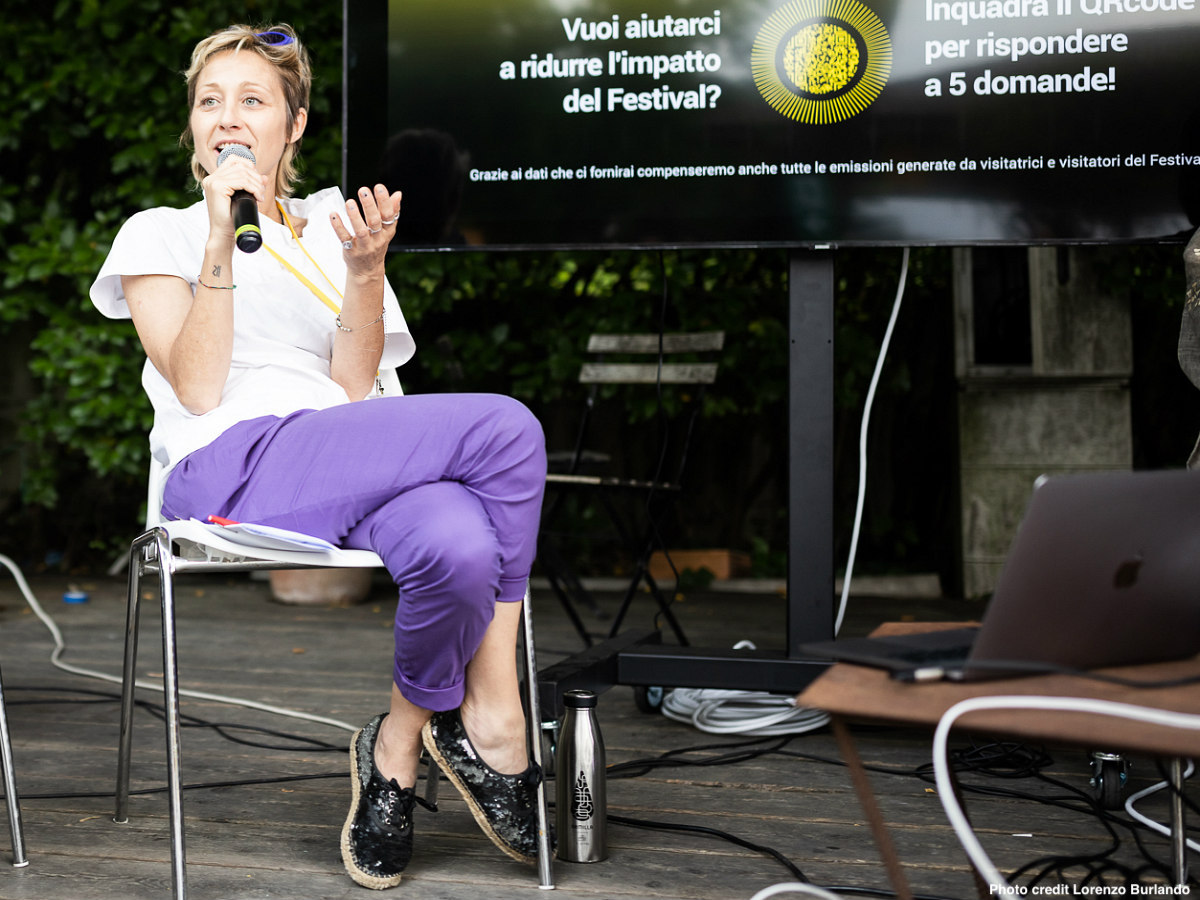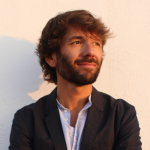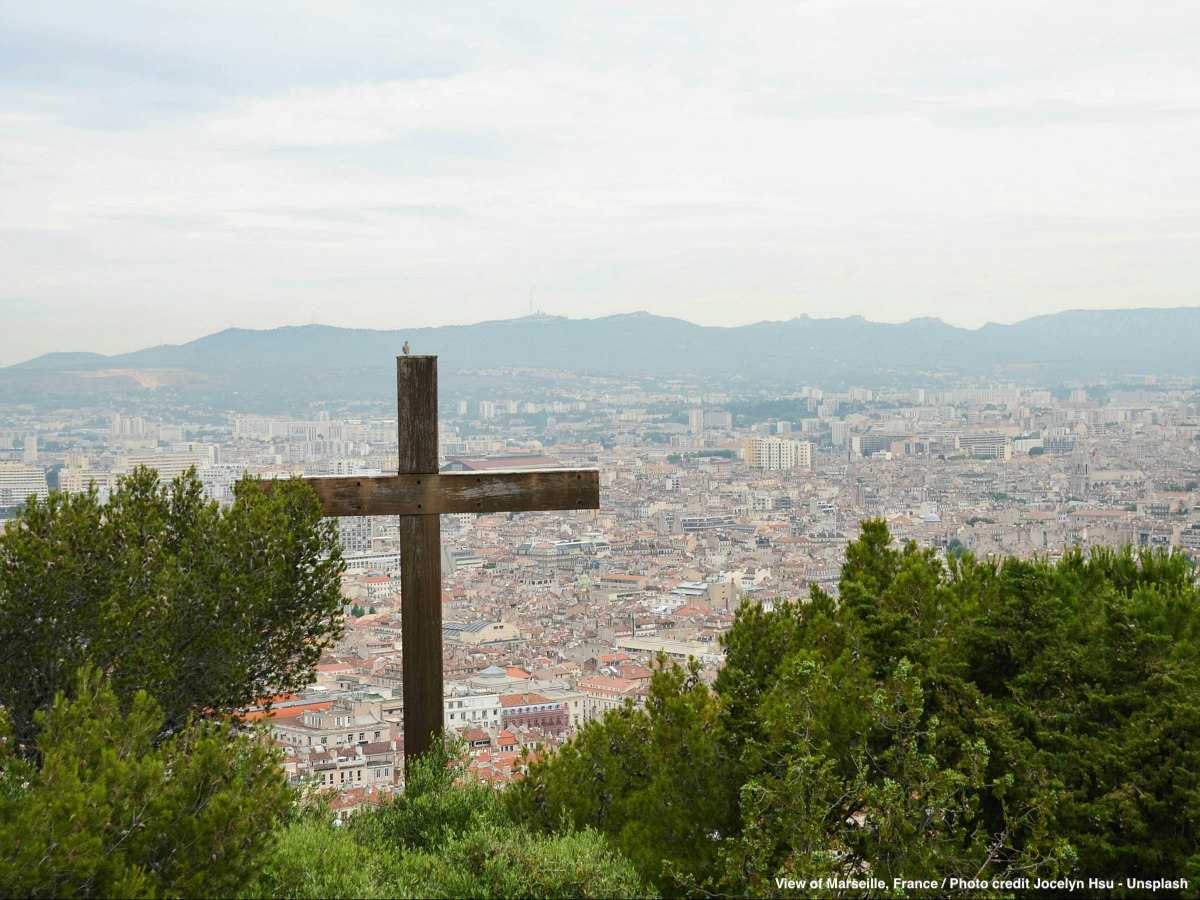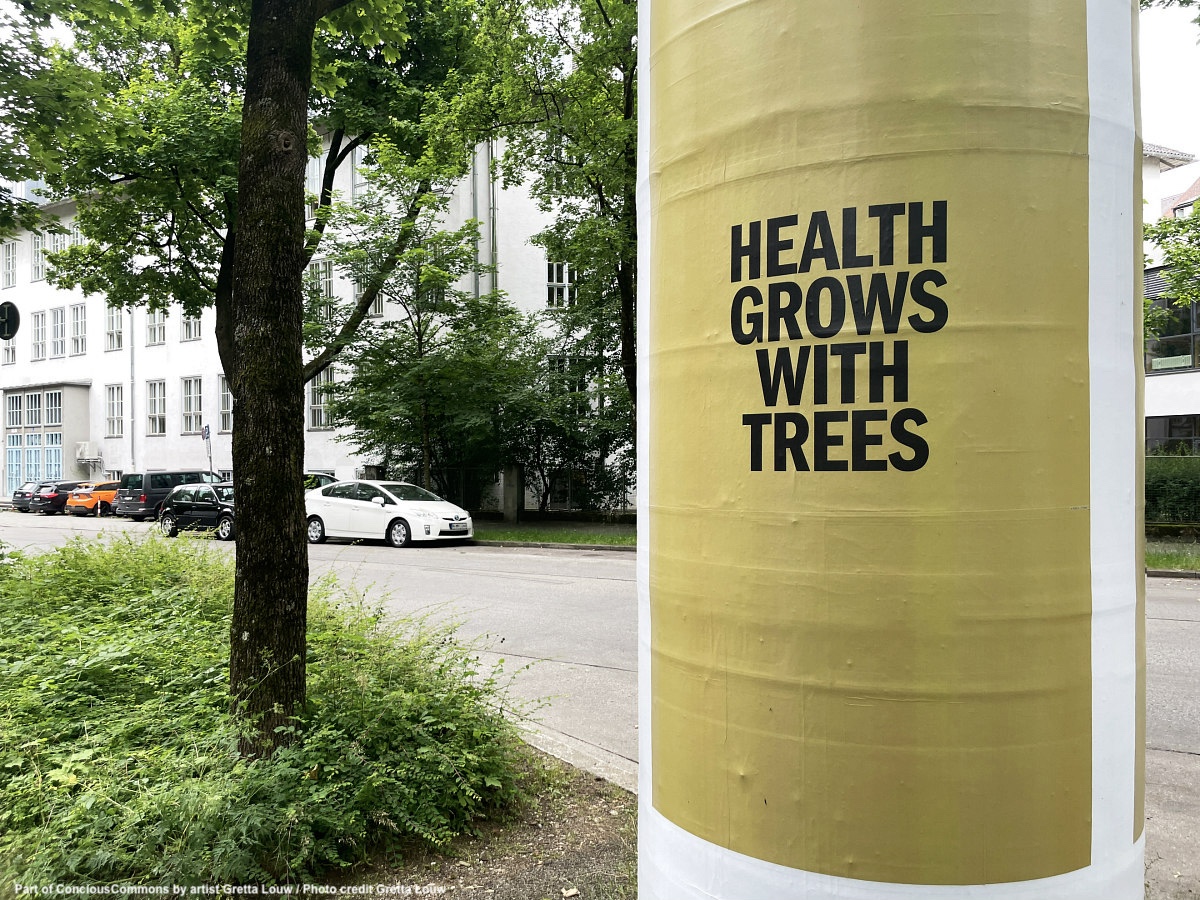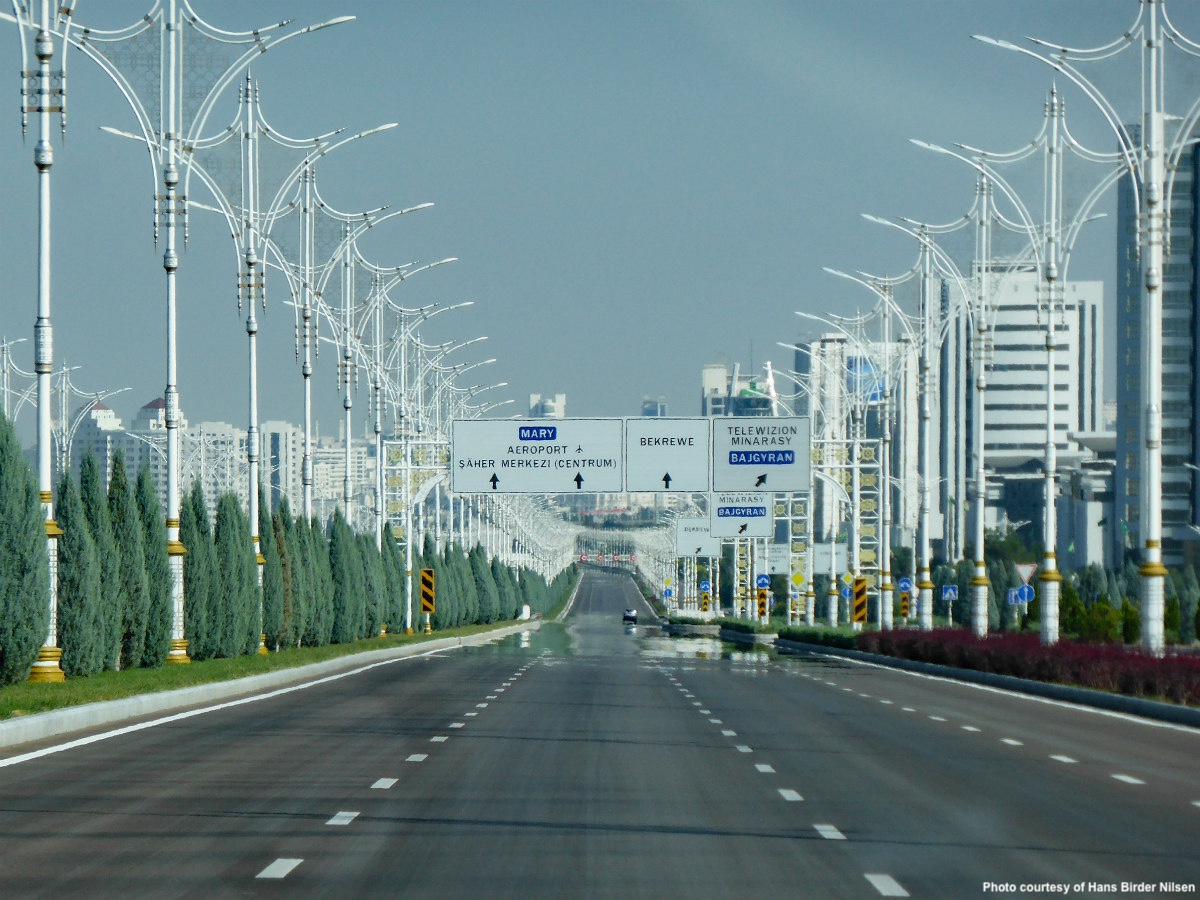Ten years ago Nicoletta Tranquillo was testing the waters to open the first coworking space in Bologna, Italy. It turned out that she had sought an innovative way to use a 650-square meters of derelict space to have a social impact on the whole innovation ecosystem of the city. With a population of almost four hundred thousand people, last year 155,000 Bolonians spent their time at this popular space.
“I am convinced that to make a place truly work, you must live in it, understand it, and be part of it. It’s not a simple matter of design and contract, but a deeper involvement and connection with the place and its people,” says Tranquillo over Zoom, speaking from Bologna.
After receiving a master’s degree in sustainability in Sweden, she returned to Bologna, and went on to co-found, with her partner and two other friends, the cooperative Kilowatt, which now runs Le Serre dei Giardini. In 2013 Kilowatt obtained a 15-year concession of abandoned beautiful greenhouses, owned by the municipality, and sandwiched inside one of the main public parks of Bologna called Giardini Margherita, a few steps from the city center.
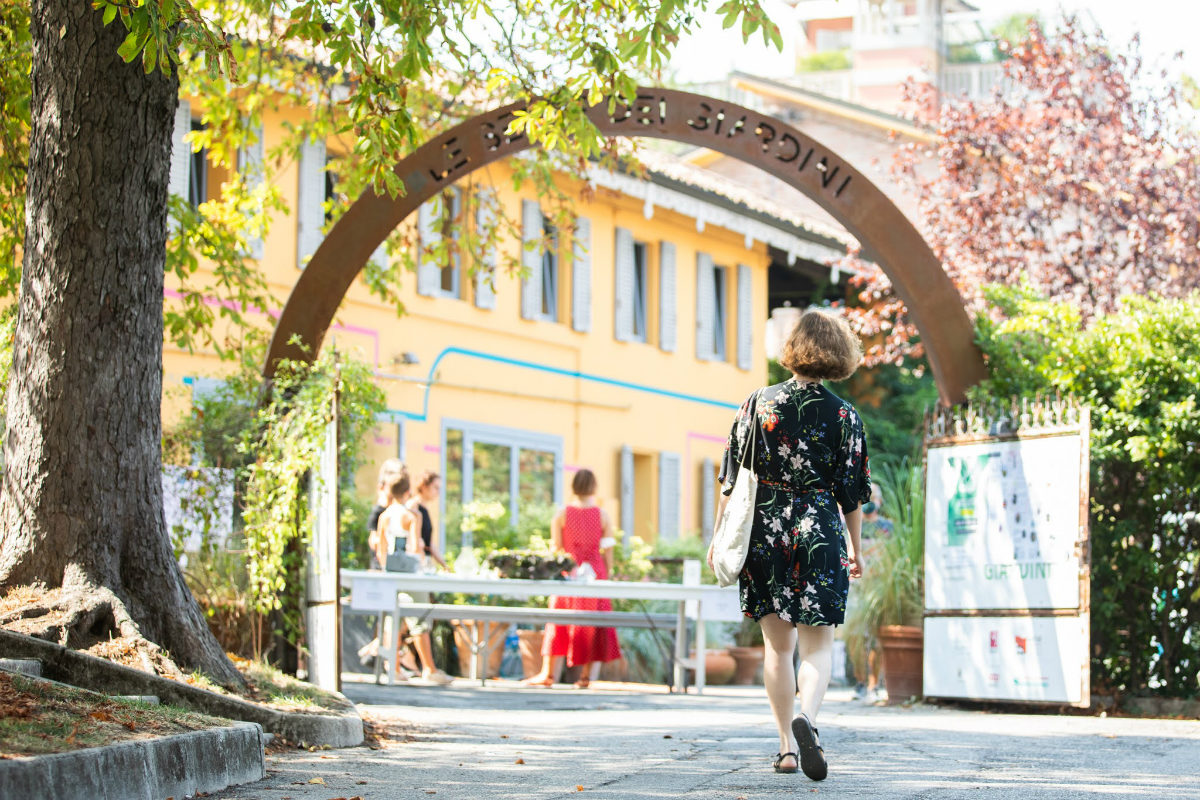
In just two years, and despite the time to obtain all the required authorizations, they remarkably transformed this derelict lot into an innovation ecosystem for research to advance social and environmental solutions, education and culture. It is a kind of “living laboratory” permeable to the city, in which private, public and work have become less delineated.
“At that time the idea was a coworking space located in a space which had been abandoned for many years. However, we already had in mind a series of additional services for the community, as the mission has always been to give work the same quality as leisure time,” says Tranquillo.
Surrounded by greenery, people get in touch with nature and develop skills and talents freely. In Tranquillo’s own words, Kworking, as they call the coworking space, “reflects an idea of reconciliation between work and personal dimensions, and the desire to value and involve all the creative energies that animate the cultural and entrepreneurial life of the city.”
We aren’t proponents of the Silicon Valley growth model, typified by relentless scalability and breakneck expansion. Instead, we champion a Mediterranean approach, where the focus is on nurturing close-knit relationships and making a tangible impact on our local community.
Tranquillo knows that in order to tempt people away from home, a place needs to offer more than just a workspace, greenery and seating. The programme is eclectic and includes not just incubation programs for impact-driven startups and organizations but open-air cinema, visual art events, concerts and talks at various spaces around the greenhouses.
Serra Madre is an experimental hub for artistic practices encouraging dialogue among artists, research centers, businesses, and residents on matters of sustainability, innovation and the environment. KwBaby is Kilowatt‘s experimental educational service for children aged 0-6 years, where the organization teaches young children sustainability and other environmental issues, but also instructs families about well-being, inclusion and parenting skills.
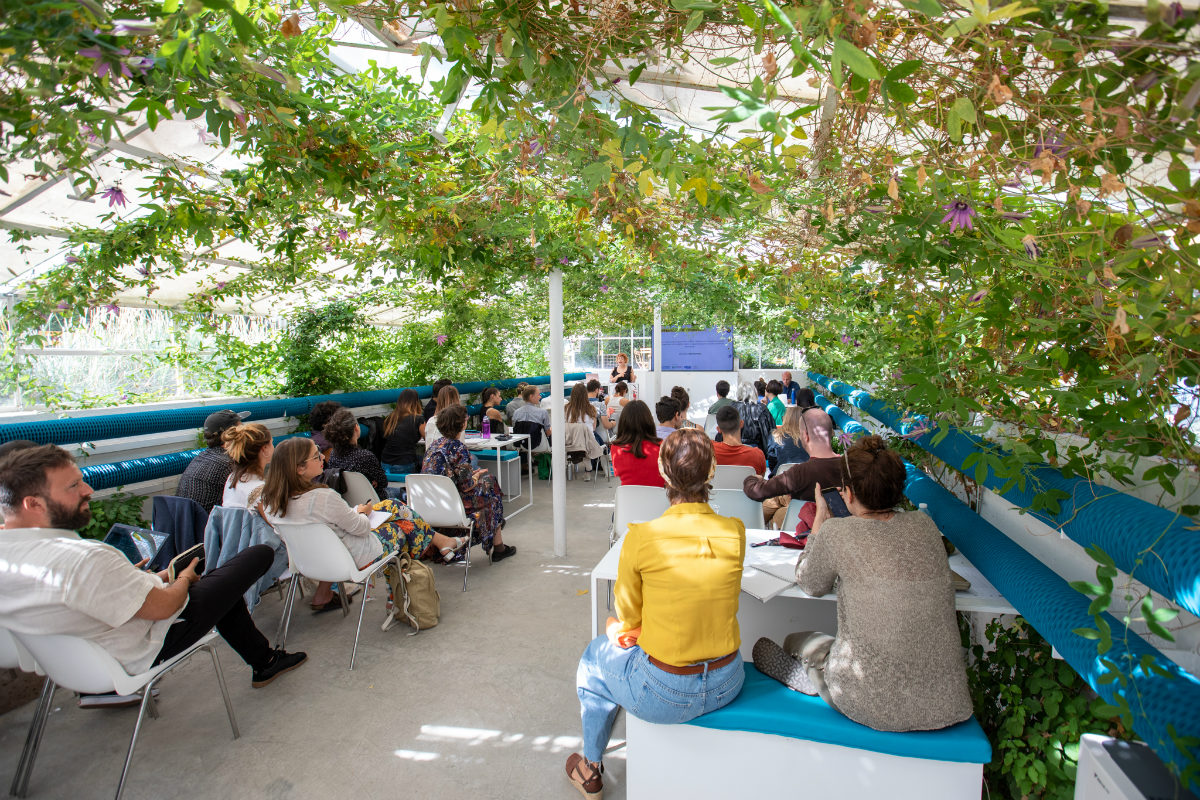
Kilowatt has challenged the cult of the startup ecosystem with Le Serre dei Giardini. It was in the mid-2000s in San Francisco when coworking spaces emerged as the first response to startups and innovation hubs, but lost its froth with the spectacular fall of WeWork in 2019. Kilowatt runs a hybrid model between public bodies and a private company in the form of a cooperative, partnering up to boost both social and economic value for the city.
The governance of this ecosystem slips between the cracks of traditional non-profit activities, that the cooperative weighs with for-profit activities, based on a sustainable business model that prioritizes innovation with social value in balance with nature. Kilowatt’s founders consider Le Serre dei Giardini an “experiment, in line with the evolution that social entrepreneurship is experiencing in Italy and in Europe, to find new models capable of responding to social needs and staying on the market in a sustainable way.”
“We aren’t proponents of the Silicon Valley growth model, typified by relentless scalability and breakneck expansion. Instead, we champion a Mediterranean approach, where the focus is on nurturing close-knit relationships and making a tangible impact on our local community. Our drive is not just profitability, but the forging of societal ties and ensuring the welfare of the community we serve,” says Tranquillo.
Above all, Kilowatt wants an emblematic place, one that, inside and out, expresses its mission, and acts as an “incubator and accelerator of community” building “a bridge between innovative but unstructured subjects and more institutional ones.” That allows the cross-pollination of ideas and opportunities among various actors, including communities and informal groups, with a clear focus on the protection of the environment.
Just to give an example, several startups, in collaboration with the Agricultural University of Bologna, are experimenting at Le Serre dei Giardini with sustainable and resilient agronomic practices, to reduce the impact of agriculture on the environment such as an aquaponic system to save up to 90% of water resources.
Tranquillo’s dedication to her Bolonia roots means her profound aspiration to create something that echoes significantly within the local ecosystem. The next step in her ambitious plan is to open a second space awarded with a 30 year concession, just next door of Le Serre dei Giardini, with a new big center for artistic production, to be opened by the end of the year.
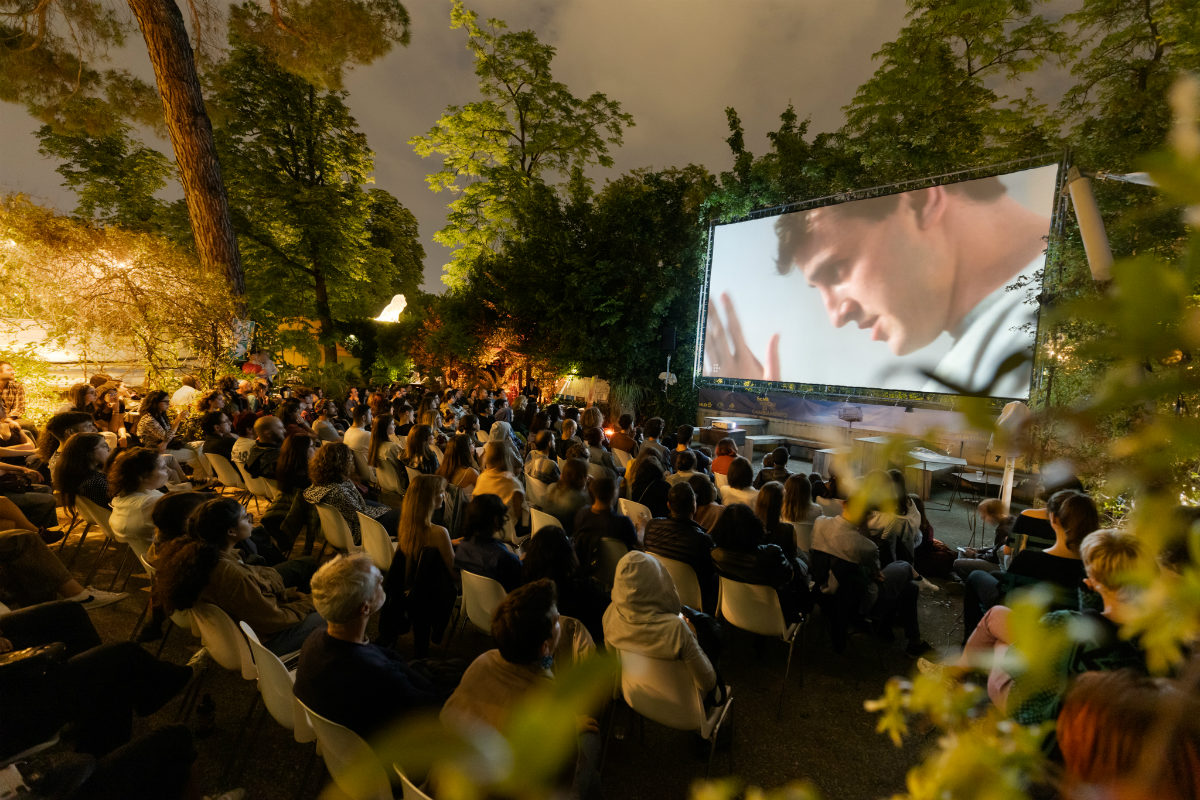
This represents a significant expansion for Le Serre dei Giardini, with a new €2 million investment for the renovation of this new space, thanks to a capital increase by the financing members of the Kilowatt cooperative and the entrance of private investments funds – something that will make it even more challenging to find a balance between private investments and social impact. Yet, Tranquillo believes, a larger investment in this project will yield more results in social innovation.
Kilowatt’s philosophy informs their decision to eschew franchising or the opening of new locations far away from them – as they believe this model isn’t something which can be mass-produced or transferred arbitrarily from the space where it has its roots.
Le Serre dei Giardini is not about the colonization of civic space by corporations or non-profit organizations but rather the regeneration of unexpected urban sites with a perceptible social impact on the whole innovation ecosystem of the city, with entrepreneurs sharing spaces with all citizens rather than isolating themselves in hubs for startups.
Tranquillo’s journey is a testament to the transformative power of collaboration and the undeniable role of civic society and its engagement in catalyzing sustainable development. The reuse of space in the city has become an undeniable necessity in that process to accelerate the deployment of solutions for the greatest threat of our time, the climate crisis, where urban dwellers have a bigger role to play.
